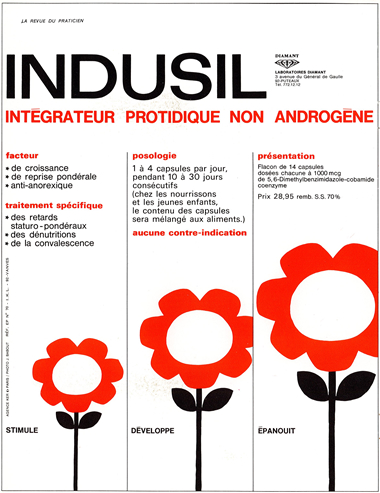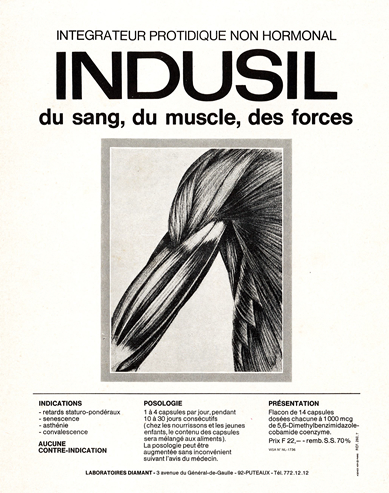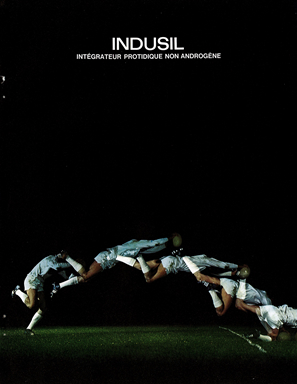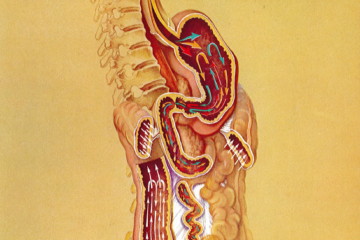The active principle of Indusil® was a cobamide coenzyme containing 5,6-dimethylbenzimidazole. Cobamides are a group of cobalt-containing compounds including vitamin B12 (cobalamin). Vitamin B12 is a normal component of human milk for example, and an essential human micronutrient made exclusively by prokaryotes (specifically by a subset of bacteria and archaea). Cobamides are analogs of cobalamin cofactors. Supplementation by derivatives, such as dimethylbenzimidazole B12-coenzyme, can be needed in cases of deficiency or malabsorption.
5,6-Dimethylbenzimidazole (or DMB) is a precursor of vitamin B12 biosynthesis. DMB provides a lower axial ligand cobalamin (see structure below). A dietary DMB supplementation can lead to an improved vitamin B12 supply. It helps to avoid B12 deficiency which can be responsible for anemia, abnormal skin, convulsions, weak muscle tone, for examples. Vitamin B12 deficiency has been associated also with a wide spectrum of neurologic manifestations (neuropathy, developmental delay, cognitive decline, etc). Indusil was recommended to avoid malnutrition, asthenia and to help recovery (convalescence). The product was presented as a “non-hormonal protidic integrator”, useful to build blood, muscles, and strength, in both adults and children. Today, DMB is no longer used but vitamin B12 supplementation remains fairly common, notably in patients with anemia.
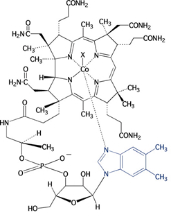
Indusil was intended to stimulate, develop and flourish the body. The effect was illustrated with an evocative growing flower or via the illustration of strong muscles or rugby players.
